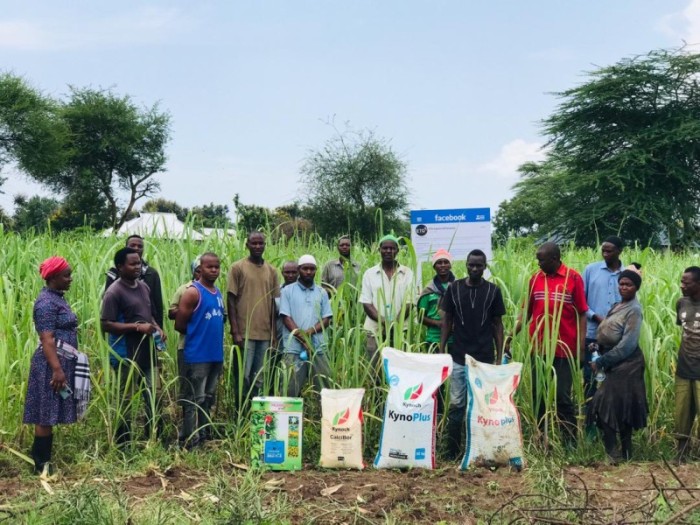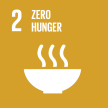


Africa: the land where it all began. With the first known hominids evolving on the continent, and the oldest recorded history stemming from ancient Egypt, Africa is steeped in deep, rich history. Home to dozens of powerful empires and kingdoms in pre-colonial days, it’s believed that over 10,000 different states with unique languages existed across the second largest continent at its apotheosis.
Today, much of Africa—barring South Africa and some Northern African countries—have a relatively underdeveloped economy. Many rely on agricultural outputs and subsistence farming, but have rich mineral resources and abilities to have strong potential to boost its GDP in the future.
ETC Group (ETG) started out in 1967 in Kenya and has grown into the largest independent agricultural supply chain manager on the African continent, with subsidiary Agri Commodities and Finance (ACF) functioning as the main trading company. Globally they own over 120 processing plants and 460 warehouses. Most of their footprint however is in Africa, where they provide a range of operations including procurement, processing, distribution, and merchandising. Thanks to their strong supply chain, ACF can ensure a two-way trade flow from smallholder farmers in least-developed countries of Africa to diverse buyers across the globe. This trade flow involves supplying agricultural inuts and agronomic services to farmers to bolster crop yields, The farmer’s products are then sold into the global supply chain for a fair price.
The agronomic support provided includes efficient fertilizer usage, soil assessment, and post-harvest services like storage and transportation, empowering the farmers with the tools and know-how to maximize their output. One key pillar of ACF is farmer livelihood, as they focus on improving the standard of living for farmers in their supply chain. ACF therefore plays a critical role in SDG 10 (Reducing Inequalities), while also strongly supporting to SDG 2 (Zero Hunger) as they are one of the most important suppliers to the World Food Program in Africa.
In 2019 FMO supported the parent company ETG by arranging a USD 100 mln syndicated loan. In 2020 another USD 90 mln syndicated facility followed specifically for ACF's working capital need, which was topped up to USD 100 mln in 2023.

A sustainable supply chain is a resilient one: with the increasing effects of climate change, strong climate mitigation and resilience strategies are needed. ETG has taken several steps to develop its sustainability strategy through holistic labour, human rights, and climate resilience management. As an example, ETG aims to have the highest Food Safety and Labor Standards through their Environment and Social Management System. Other steps taken included establishing a deforestation risk assessment team and developing a Child and Forced Labor monitoring tool, while also collaborating with suppliers to reduce risks in high-risk supply chain to ensure responsible sourcing. In 2019, ETG established the Beyond Beans Foundation, which builds sustainability programs in subsidiary ACF’s cocoa and cashew supply chains, notably in West Africa. Currently, FMO is supporting ACF with capacity development funding to develop a new Supply Chain Risk Assessment Tool to reinforce the current system in place.
In a truly broader picture, ACF can help ensure a sustainable, long-term future for the African continent. Through measures like diversified income training, farmer service centres, agroforestry and other community-led initiatives they help to ensure smallholder farmer livelihoods while protecting the planet.
![]()
![]()

Outreach of Beyond Beans Ghana & Côte d’Ivoire in ‘22:
Coached 900 farmers
reforested 97 hectares
See the latest Sustainability report via etgworld.com